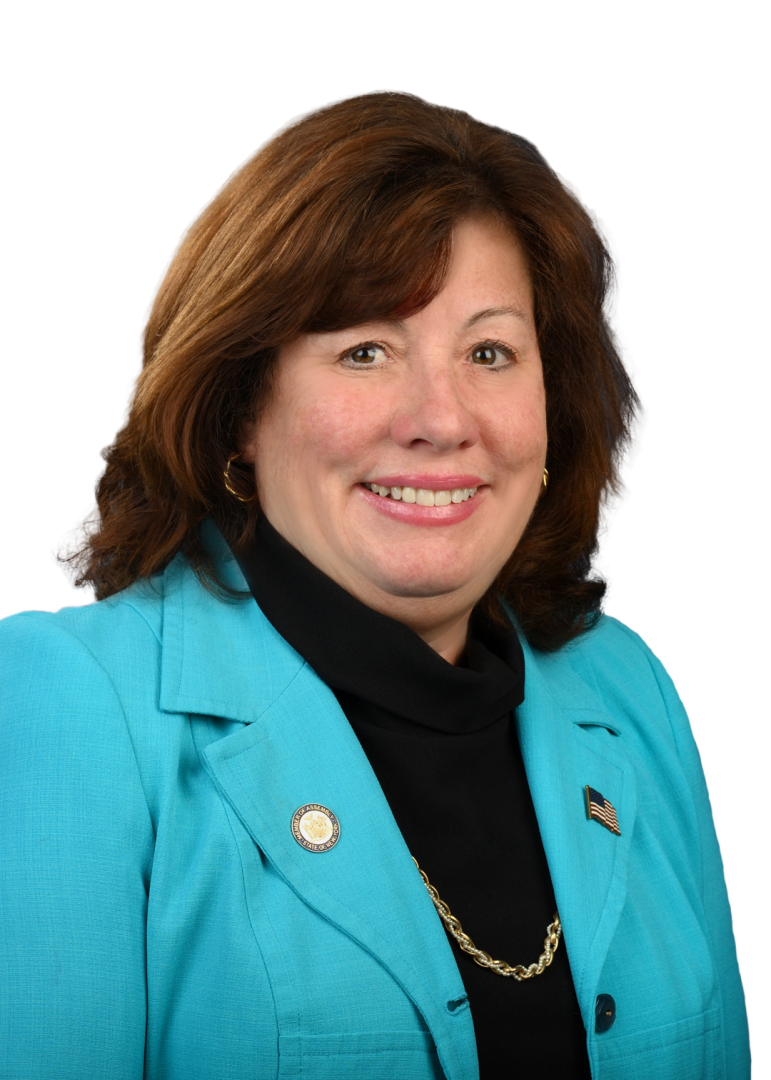Assemblywoman Buttenschon’s Statement on the State Budget
New York State passed its more than $170 billion budget this week. The agreement comes as the State, agencies and our residents struggle with a multibillion-dollar shortfall amid the growing COVID-19 outbreak. Assemblywoman Marianne Buttenschon (D-I-Utica/Rome) voted against portions of the budget.
“I am deeply disappointed that contentious policy items were included in this year’s State Budget as we are facing the unprecedented challenges related to COVID-19. While it is important that the Legislature continue to function and address various policy items, the focus at this time should have been kept to fiscal matters alone. This would have helped and prepared our many programs, organizations, schools, higher education institutions, local governments and agencies that are concerned about changes to their funding streams and the mandates that the State places on them,” Buttenschon said. She criticized the lack of transparency, stating, “We’re in the midst of a worldwide pandemic, and this budget was developed at the eleventh hour without giving legislators the time needed to acutely review a budget laden with policy.”
Buttenschon urged State leaders to consider passing a budget extender that would keep government running until we got through the epidemic, so that she and her colleagues could come back to address the budget in a transparent way. “The State is making many modifications to the way we fund our vital healthcare and education systems,” Buttenschon said. “At the same time, it is our medical providers that are battling the coronavirus, and our educators who are using innovative methods to teach our children. It would have been sensible to wait until this crisis is behind us before enacting any sweeping reforms.”
Buttenschon criticized the budget agreement for essentially freezing school aid, despite the additional funding provided to the State by the federal CARES Act. The stimulus funding is being used to offset a planned cut in State support with the “Pandemic Adjustment” resulting in cuts that total to over $3 million for Herkimer County school districts and over $14 million for Oneida County school districts.
The budget additionally gives the Governor the ability to make periodic adjustments to the state budget throughout the year as the State deals with COVID-19 and its effects on a paralyzed state economy. “This opens up the possibility that our school districts will face steep cuts later this year which would be absolutely devastating to our already struggling and overburdened school districts. Local school officials have emphasized the importance of a predictable funding stream particularly during these challenging and unprecedented times,” said Buttenschon.
The final agreement authorizes the Governor to close correctional facilities without legislative approval. “It makes no sense to me to give the Governor that authority at the very same time that we’re trying to get people to spread out and socially distance themselves,” Buttenschon said. The proposal permits the Governor to close facilities he determines to be necessary for the cost-effective and efficient operation of the correctional system. Buttenschon added, “Nothing in the bill even mentions safety.”
Buttenschon notes that there are some positives in the budget including restorations to Consolidated Highway Improvement Program (CHIPs) and Extreme Winter Recovery funding, clarification for family farms following the Farm Laborers Fair Labor Practices Act, and the Restore Mother Nature Bond Act which, if approved in the general election this November will provide funding for the much needed flood mitigation throughout the Mohawk Valley.
Additionally, there are much needed changes and clarifications to the bail and discovery statutes passed in last year’s budget. The bail reform statute was amended to include additional crimes in the list of bail-eligible offenses, and to allow bail to be set in some cases where there are repeated arrests. Buttenschon notes that these actions weren’t enough. Buttenschon has previously introduced two pieces of legislation (A.9027 and A.9030) to amend the bail reform statute to allow for judicial discretion that would address concerns about public safety and security and to protect crime victims that was not considered in the budget bill.
Buttenschon is pleased the discovery statute was amended to extend the time prosecutors have to provide initial discovery to 20 days when a defendant is in custody and 35 days when the defendant is not in custody. This would allow prosecutors to prioritize the cases of incarcerated individuals. Additionally, law enforcement would get more time to assemble and disclose body- and dashcam footage, along with other surveillance footage, when the material is voluminous, and prior local discovery practices for traffic infractions and violations will be restored. Finally, 9-1-1 calls and certain victim and witness information will now be presumed to be confidential unless it is determined by the court that there is need to share this information. All of these changes she advocated for over the last six months.
Finally, with the unknown medical needs that we will face, this is no time to make cuts to Medicaid, long term health care and adding extra financial burdens on our county government.
